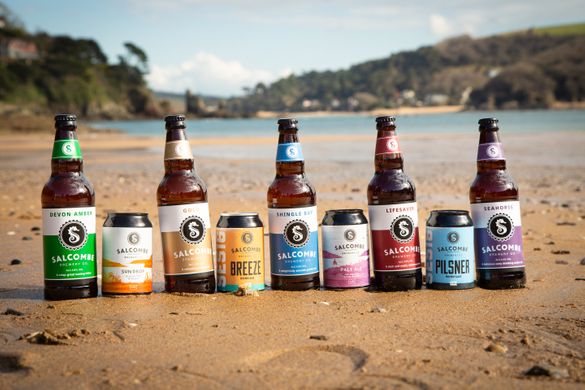With mere hours to go until its implementation, waste management and recycling experts Veolia state that 77% of British retail and manufacturing businesses are still completely unaware of the new Plastic Packaging Tax.
Research conducted by Veolia, examined the views of British-based senior decision makers across retail and manufacturing businesses on the upcoming Plastic Packaging Tax.
The tax places a £200 per tonne levy on producers or importers of plastic packaging if they fail to include at least 30% recycled content and will come into force tomorrow, 1 April 2022.
The survey reveals that only a fifth (22%) of the manufacturing and retail businesses asked had already started using recycled content in their packaging.
To reach the UK’s Net Zero goals, many more businesses must reduce their reliance on new or virgin materials.
Most British retail and manufacturing businesses also support an escalator in percentage of recycled content threshold (63%) and cost charge (50%) as an incentive to use recycled content.
Veolia Northern Europe Zone Senior Executive Vice President, Gavin Graveson, said: “The UK’s Plastic Packaging Tax is the right way to start getting businesses to push sustainability up the agenda, but it really must go further.
"A tax escalator would make choosing to incorporate recycled content in packaging economically and environmentally preferable to the use of virgin materials.
“Not only could the UK save up to 2.89 million tonnes of carbon emissions annually if all plastic packaging included 30% recycled content, it would also bring about incentives for investment in domestic infrastructure which could make the UK a world leader in plastics recycling.”
The British retail and manufacturing businesses who had made changes to their plastic packaging reported:
Two thirds (66%) have reduced the amount of unnecessary or avoidable plastic packaging
Over half (58%) now use recycled content
54% have changed the packaging design to make it more recyclable
39% have chosen alternative materials to plastic for their packaging
Working from three specialist sites in London, Essex and the Midlands, Veolia operates a full process to recycle plastic materials from homes and businesses, and turn them back into plastic pellets ready to be used to manufacture new plastic items.
This can process over 100 different grades of plastic from consumer, commercial and industrial sources, and pass these materials back into the supply chain for further reuse.
Backing the operations is the support team that can ensure compliance with the complex legislation involved in the reprocessing of these materials, and Veolia’s own Sustainable Packaging Academy.
Worldwide, it's Veolia's aim to recycle 610,000 tonnes of plastic waste annually within two years. That's equivalent to 16,944 million 4 pint milk bottles.
Incidentally, Veolia is part of the international cross value chain Alliance to End Plastic Waste (AEPW), currently made up of nearly thirty member companies, and this has committed over $1.0 billion to develop large scale solutions that will minimise and manage plastic waste and promote solutions for used plastics.
Food and drink manufacturers and retailers who need to investigate how this law will potentially impact on their business can learn more here https://www.gov.uk/guidance/check-if-you-need-to-register-for-plastic-packaging-tax and here https://www.veolia.com/en/solution/plastics-recycling-major-environmental-issue.
(Image courtesy of adnovak and Pixabay)




.jpg)









